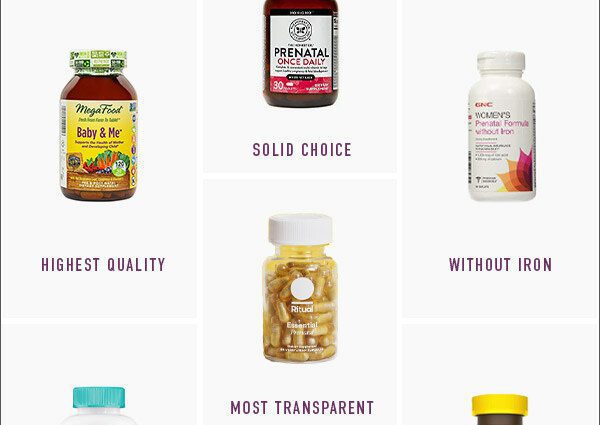Contents
- Vitamins of pregnancy
- Vitamin and pregnancy: what are our specific needs when we are pregnant?
- Essential vitamins during pregnancy
- Vitamin D: I want the sun!
- Vitamin B9 (or folate or folic acid): Green vegetables are mine!
- Should we take supplements during pregnancy?
- How to preserve the vitamins of fruits and vegetables?
- In video: Anemia, what to do?
Vitamins of pregnancy
What are vitamins used for? Those provided by our food are useful in many ways. They protect our body, promote its proper functioning and growth. They are also essential for cell reproduction. Be careful, vitamins are not themselves sources of energy, nor components of our tissues. But, in their absence, carbohydrates, fats and proteins would be unusable and our body would suffer from serious metabolic disorders.
Vitamin and pregnancy: what are our specific needs when we are pregnant?
Pregnant, it is our body that will provide the vitamins necessary for the development of the fetus. Our baby is very unlikely to suffer from deficiencies: if he does not receive enough of a particular vitamin, he will use our reserves. Our own balance may then be compromised. This is why we must ensure, throughout our pregnancy, to consume vitamins in sufficient quantities. Essential, folic acid (vitamin B9) promotes the proper development of the embryo. The vitamin D helps in the formation of our baby’s skeleton, while vitamin A boosts its growth. As for vitamin C, it gives us tone and strengthens the placenta.
Essential vitamins during pregnancy
Vitamin D: I want the sun!
It is essential during pregnancy because elleallows the absorption of calcium, necessary for the bones of our baby and whose needs increase by 30%. Vitamin D deficiency is very common in expectant mothers. Doctors therefore gladly prescribe an additional contribution, in the form of medication, especially if our pregnancy took place during the winter. Good to know : the sun’s rays are an important source of vitamin D, but be careful to expose yourself in moderation and use a total screen.
Where is vitamin D found ? It is present in our food: fatty fish, whole dairy products, egg yolks, cheeses, etc.
Vitamin B9 (or folate or folic acid): Green vegetables are mine!
During pregnancy, the need for folate is increased by a third. This vitamin is involved in the development of the nervous and cerebral system of the baby. A deficiency in folic acid can lead to fetal malformations, especially neurological. Several studies have shown that pregnant women do not consume enough foods rich in vitamin B9 (spinach, sorrel and salad) in the period before conception. This is why a supplement in folic acid (400 ug per day) is systematically recommended 4 to 8 weeks before pregnancy and the first three months (up to 12 weeks). Some women present a risk factor, in particular those living in Brittany, smokers, those who have used oral contraception, and finally those following treatment against epilepsy.
Where is folic acid found? In green vegetables (salad, lamb’s lettuce, spinach, watercress, endives, cabbage, peas …), fruits (raspberries, melon, strawberries, bananas), lentils, nuts, pasteurized cheeses …
Should we take supplements during pregnancy?
Vitamin requirements increase by only 10% during pregnancy and a diversified diet naturally provides all the vitamins in sufficient quantities. Also, if our pregnancy does not present any complications and we are in good health, it is not necessary to take vitamin supplements. Especially since excess vitamins (hypervitaminosis) can be just as dangerous as deficiencies (in overdose, vitamin A can cause fetal malformations). Otherwise, the doctor will surely prescribe the necessary vitamins at the end of pregnancy. In any case, only a balanced diet can make the most of the properties of each of the vitamins. These systematically operate in association. No need, therefore, to sort our food!
Just take as much time as possible to “eat well” healthy, fresh and balanced foods.
How to preserve the vitamins of fruits and vegetables?
Vegetables “lose” their vitamin “reserves” very quickly after picking (40 to 90% after a day’s storage for vitamins B and C). Peeling also removes a good part of it. Then, we stock up on fresh fruits and vegetables, preferably organic. Good to know: frozen products have more vitamins than a fresh product that has been in the refrigerator for too long. Most vitamins are sensitive to water, air, or light (or all three). Food is therefore not stored for too long and sealed and opaque packaging is used. As for cooking, it also destroys some of the vitamins (especially vitamin C). The steam cooking and the microwave oven preserve them better than traditional cooking …
The best solution is to eat raw fruits and vegetables when possible, with the skin on if they are organic, and if not to cook the food just as long as necessary.










